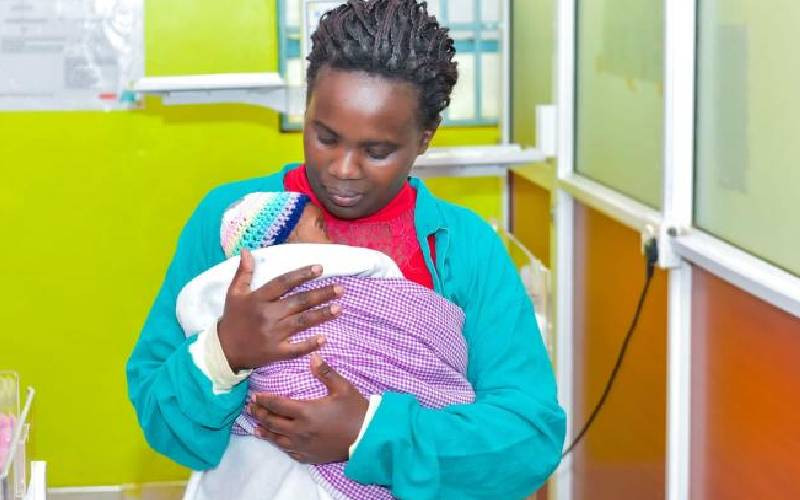
As the Africa Climate Summit opens in Nairobi, there is an urgent need to prioritise the protection and well-being of children, especially girls and young women, in the face of escalating climate-related challenges.
Recent research in the journal Science, titled 'Intergenerational Inequities in Exposure to Climate Extremes,' reveals a distressing forecast: Children born from 2020 onwards face a two to sevenfold increase in extreme climate events compared to those born in the 1960s. From droughts and storms to floods, heatwaves, and wildfires, these vulnerable young lives are increasingly under threat.